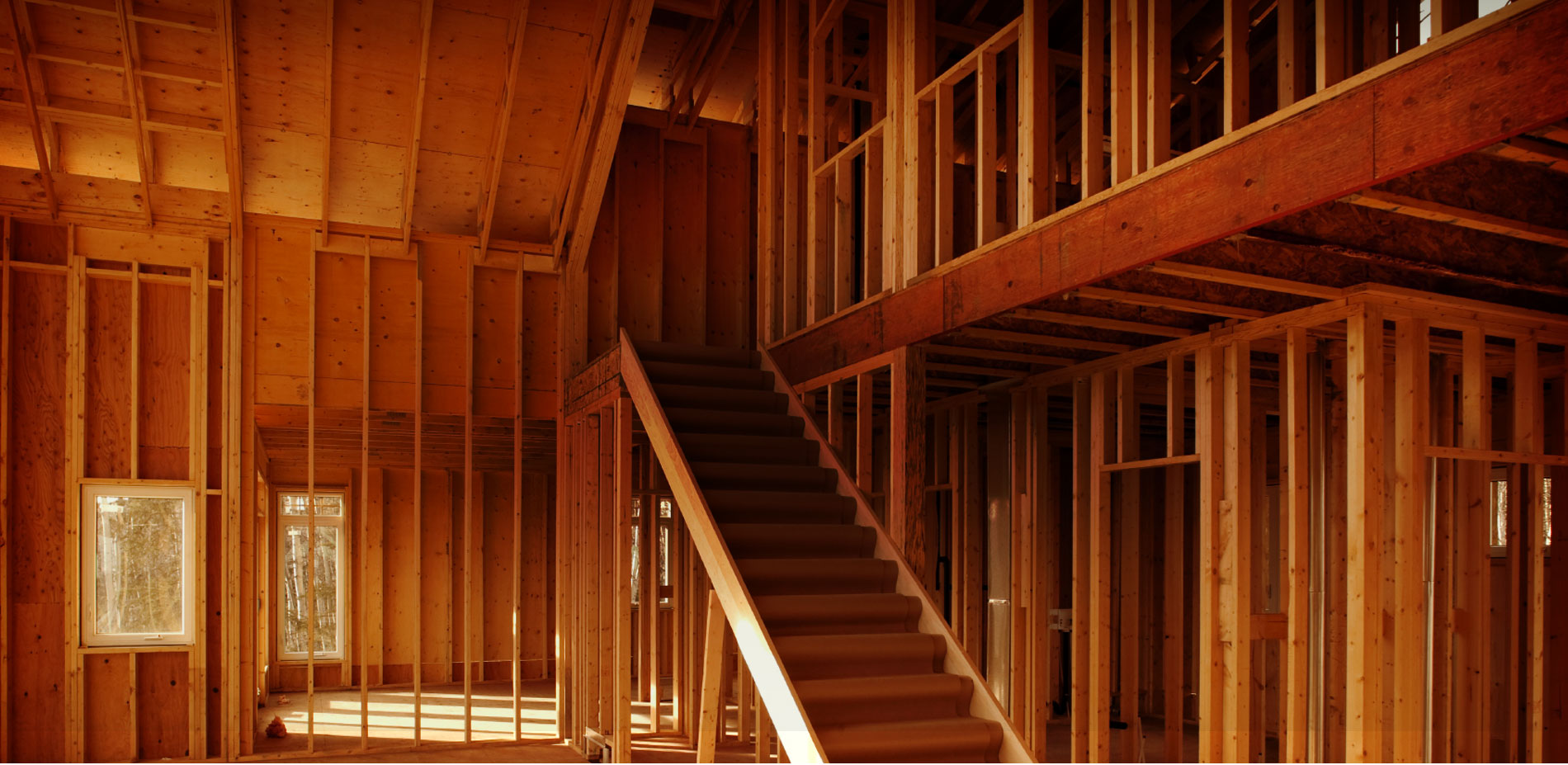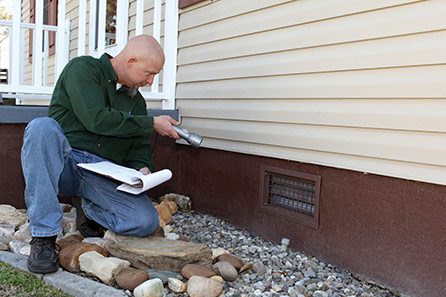Why a Warranty Should Take Priority
Sally wanted to buy a house in the valley, but she knew better than to dilly-dally. Sally had heard that houses were in big demand, so she hired a realtor to lend her a hand. The agent showed her three places, each of which offered beautiful spaces. She wanted to get into a house quick, however she could not decide what to pick. Her savvy agent was smart and knew just what wisdom to impart. For only one home came with sureties, it offered warranties to cover obscurities.
Whether you build homes, have a personal home to sell, or rehab homes to put on the market, you face similar obstacles. Buyers search for unique features and upgrades with the hope that one stands out above the rest. Trends can come and go, paint colors, flooring types, built-ins, all of these are at risk of becoming the next “no” on a buyers list. Something that does not go out of style, however, is the desire for reassurance and protection from defects or expensive repairs. Referencing the story of Sally above, let’s examine why an educated agent might recommend a house with warranty coverage.
Imagine how excited Sally was when she moved into her new home. To Sally, she saw a cute 5-year-old two-story bungalow with a private backyard near a babbling creek. The property included all the appliances and every updated feature that she had sought. At the time, it did not cross Sally’s mind that an issue may be awaiting her sooner rather than later. A few months after settling in, the water heater stopped working and she discovered a crack in the basement wall that appeared to be leaking.
Many buyers hope that these defects are caught by their chosen home inspector. However, even with the most detailed of inspections, appliances and mechanicals are fickle. These systems can break down without warning and inevitably at the worst moment. Adding to this scenario, because of limited inventory and high demand, waiving the buyers right to an inspection has become more common. This increases the chances of things being missed, like small cracks in the dark corner of a basement.
Without specific, clear, warranty protection in place, Sally has no assurances or proper assistance to help her with a resolution. All she is armed with is a concern that there may be a larger issue or potentially a known default that was not disclosed. A typical first step is to reach out to friends or neighbors who may offer suggestions and recommendations for who to contact. Based on similar scenarios that have occurred, things like this can go sideways very quickly.
For example, if a contractor determines that the leak is due to a structural failure that was imminent given the location to the creek, the original builder may find themselves in hot water. Since the home is only 5 years old, the problem may qualify as a pursuable default under statewide implied warranty statutes. Should it escalate, potentially, the builder may end up at the mercy of legal systems and public opinions. If the perspective viewpoints are not rooted in an understanding of typical building practices, endless court battles may ensue.
Additionally, mechanical warranties are a complex animal. It is not beyond feasibility that the fine print on the water heater may indicate that, without prior approval, the original owner cannot transfer the warranty. This disclaimer could allow the manufacturer to void the warranty. In either of these sample circumstances, Sally could present her complaints to an attorney and potentially be able to pursue legal recourse.
Let’s face it, in a sellers’ market, buyers are at a disadvantage, however disadvantage does not negate liability. Homeowners and well-meaning builders who believe their “good build history” should be enough are underestimating the overall risks. Without disclosing potential mechanical issues, sellers are left with the burden of proving no negligence existed. Without spelling out what sorts of structural things are covered and for what time frame, builders are inadvertently ignoring the potential for serious liability.
Warranties certainly are not the be all and end all to escape liability. What they can provide is peace of mind when navigating a homeowner’s construction defect claim. The cycle of building, buying, and selling homes requires clearcut guidelines to help avoid fruitless and expensive legal battles. The appropriate coverage to meet these needs is vitally important to differentiate yourself, protect all parties, and demonstrate concern for the homeowner.
If you are unsure where to turn to get proper coverage, step one is to consult with a proven, stable, warranty company. With over 40 years of experience HOME of Texas, can help you determine what programs may work best to meet your needs. With an extensive list of options, including everything from new home construction to existing home coverages, there is something to suit every situation.






